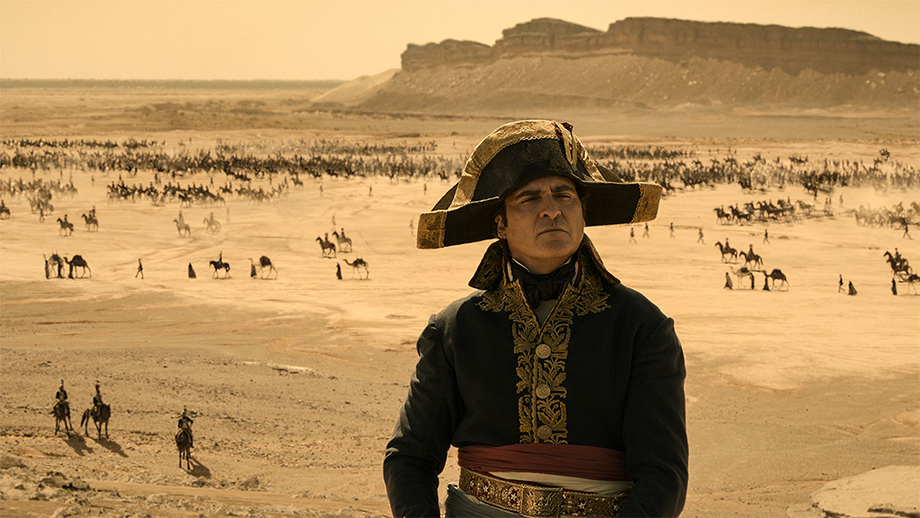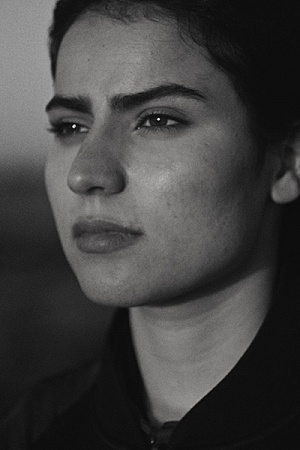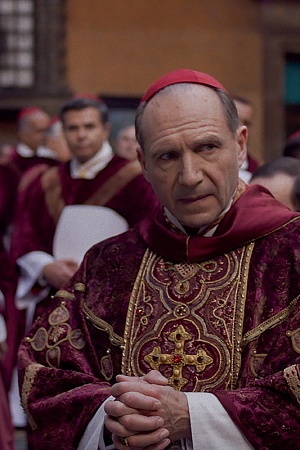Napoleon

Ridley Scott’s Napoleon Bonaparte is petulant, over-confident. He likes to make animal noises and is often ill at ease. He is deeply infatuated with his wife. He can fall asleep at crucial moments. His ambitions are boundless, his limitations often comical. He’s very into cannons. He combines the extraordinary and the extremely ordinary in disconcerting ways.
Scott and screenwriter David Scarpa (All the Money in the World) have taken the long view, following their subject over the course of almost thirty years. The film begins with the execution of Marie Antoinette and ends with Napoleon in exile in St Helena, toppling sideways off a chair. Almost inevitably, what they have come up with feels abridged and truncated, with blink-and-you’ll-miss-it moments from the historical record, fleeting incidents of exposition, grand gestures and moments of splendour, battles shown in intense, expansive detail.
Continue reading for only $10 per month. Subscribe and gain full access to Australian Book Review. Already a subscriber? Sign in. If you need assistance, feel free to contact us.








